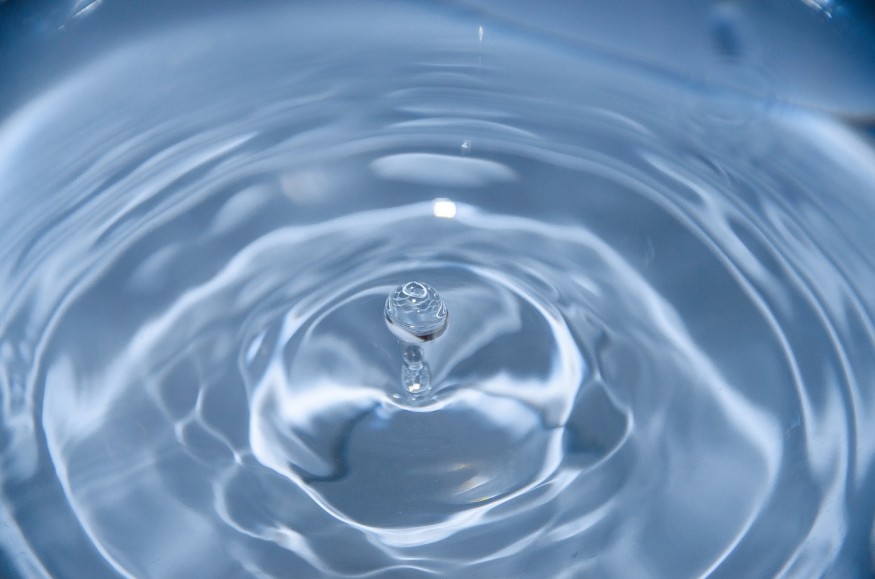
Microplastics might not seem like a big issue, but they can actually cause damage when they are ingested in large quantities. As such, scientists have come up with a new organic device that's capable of filtering 99.99% of microplastics from potable water.
Filtering Microplastics
Recently, scientists have come up with a way to use plant-based ingredients to create a filtering technique to remove microplastics from potable water. The final product came from the University of British Columbia of Canada and the Sichuan University of China.
Through the collaboration of researchers from both countries, the "bioCap" purifying filter was created. The materials used to create the resulting filter involved fruit and wood and were found to be effective enough to remove almost all microplastics lying in the water.
The researchers used tannins found in the fruit, which was coated in sawdust, making it capable of creating a water filter device that eliminates the majority of microplastics inside. Tannins are the natural chemical that creates a bitter taste in under-ripe fruits.
Through this method, researchers were able to get rid of 95.2% to 99.9% of microplastics, but it still depended on the classification of those microplastics. This was a huge accomplishment since microplastics remain a pressing concern as scientists say they're abundant in bodies, food, water, and even in the air.
ALSO READ : Lack of Access to Cleaner Energy Endangers Humans, Especially Women and Children, Says EnerGeo Alliance
Organic Device
For the scientists to test the effectiveness of the organic solution, researchers from different fields including forestry, chemistry, and biological engineering gave drinking water to mice. There were two types of water given, one was purified with the help of the developed bioCap while the other was regular, untreated water.
Scientists then observed the water within the mice and found that they had successfully prevented microplastic accumulation in the body's organs. This was a huge difference compared to the mice that took the untreated water.
Another thing that makes the bioCap stand out is that even at its least effective, it's still capable of removing the majority of microplastic materials from potable water. As an organic solution, it's also a great sustainable approach and doesn't add to the microplastic problem.
Dr. Orlando Rojas, UBC's BioProducts Institute scientific director, said microfibers can come from anything from clothing to packaging and everything in between. He even highlighted how certain household items like soaps, cleansers, and foams can contribute to the microfiber problem.
He then highlighted that the tannic acid molecular interactions through the bioCap solution allowed for the almost complete removal of all types of microplastics. Rojas pointed out how the bioCap solution was an ideal choice since it wouldn't lead to further pollution due to the ingredients it uses.
The new filtering device comes as a great solution for the growing concern of microplastics as they affect not only humans but also birds and other animals. Even when in the sky, birds are affected by microplastics, which could be alarming for humans on the ground.
RELATED ARTICLE : Plastic Waste Can Be Converted Into Raw Materials for Detergents Using Improved Catalytic Methods
Check out more news and information on Environment and Climate in Science Times.
© 2026 ScienceTimes.com All rights reserved. Do not reproduce without permission. The window to the world of Science Times.











